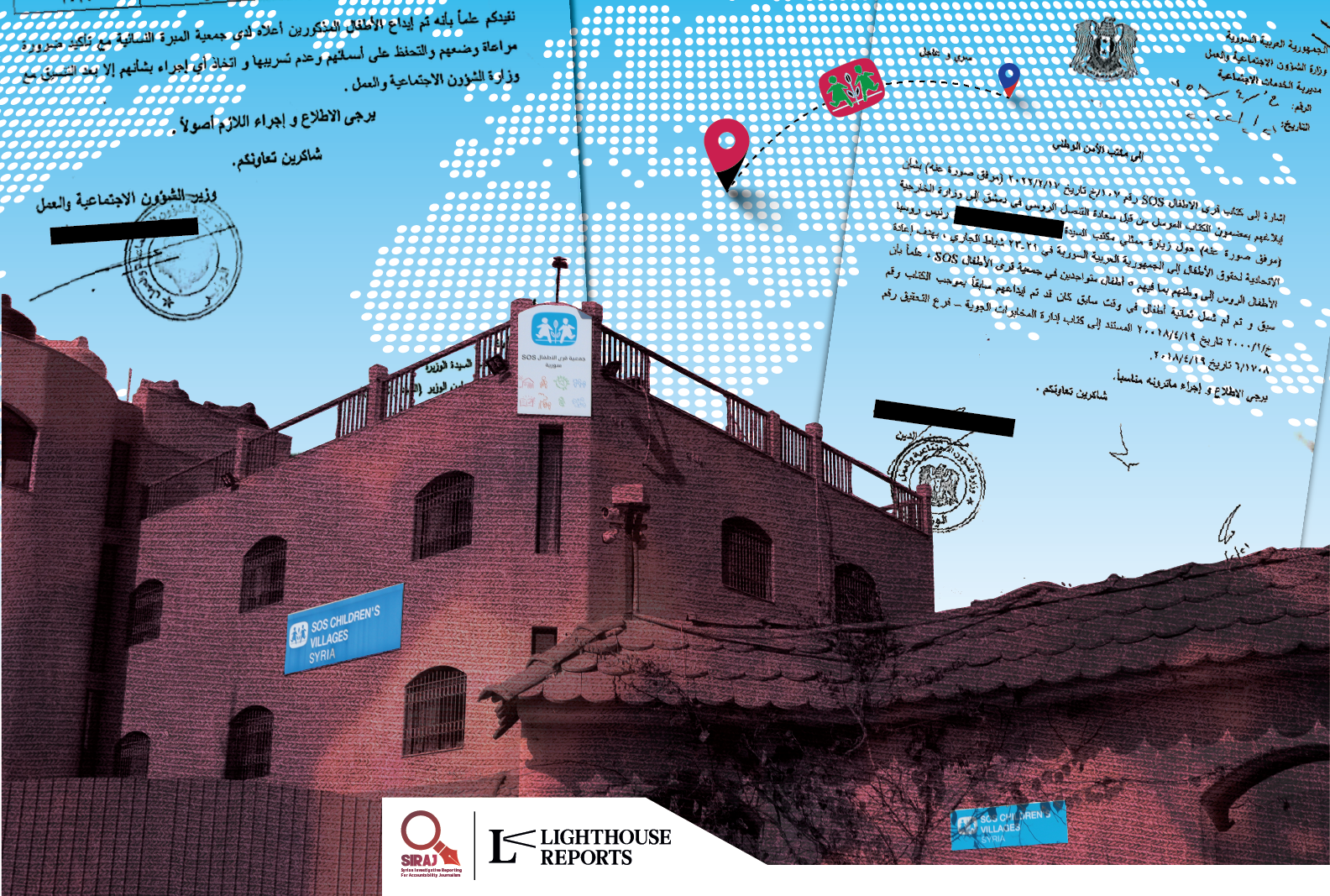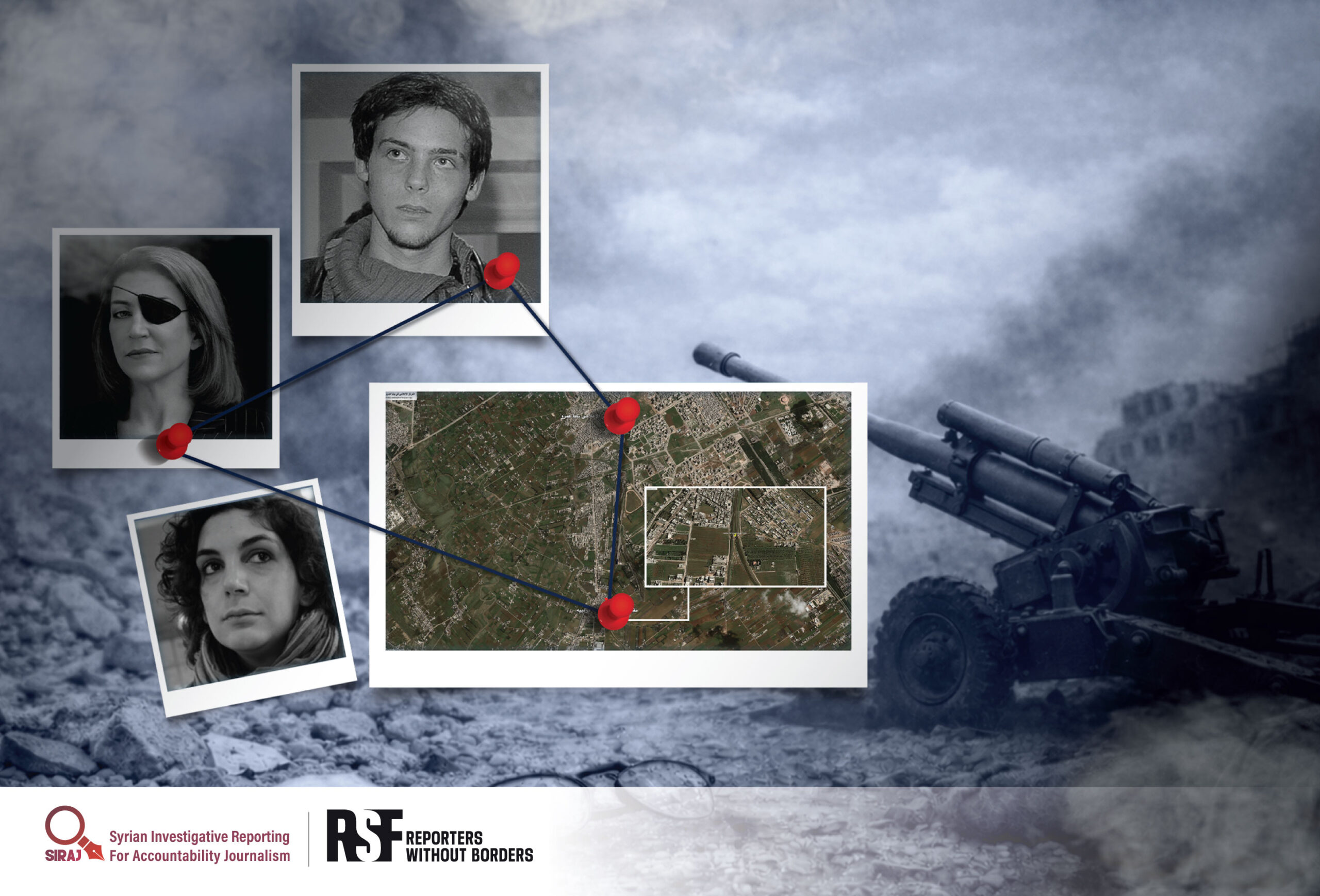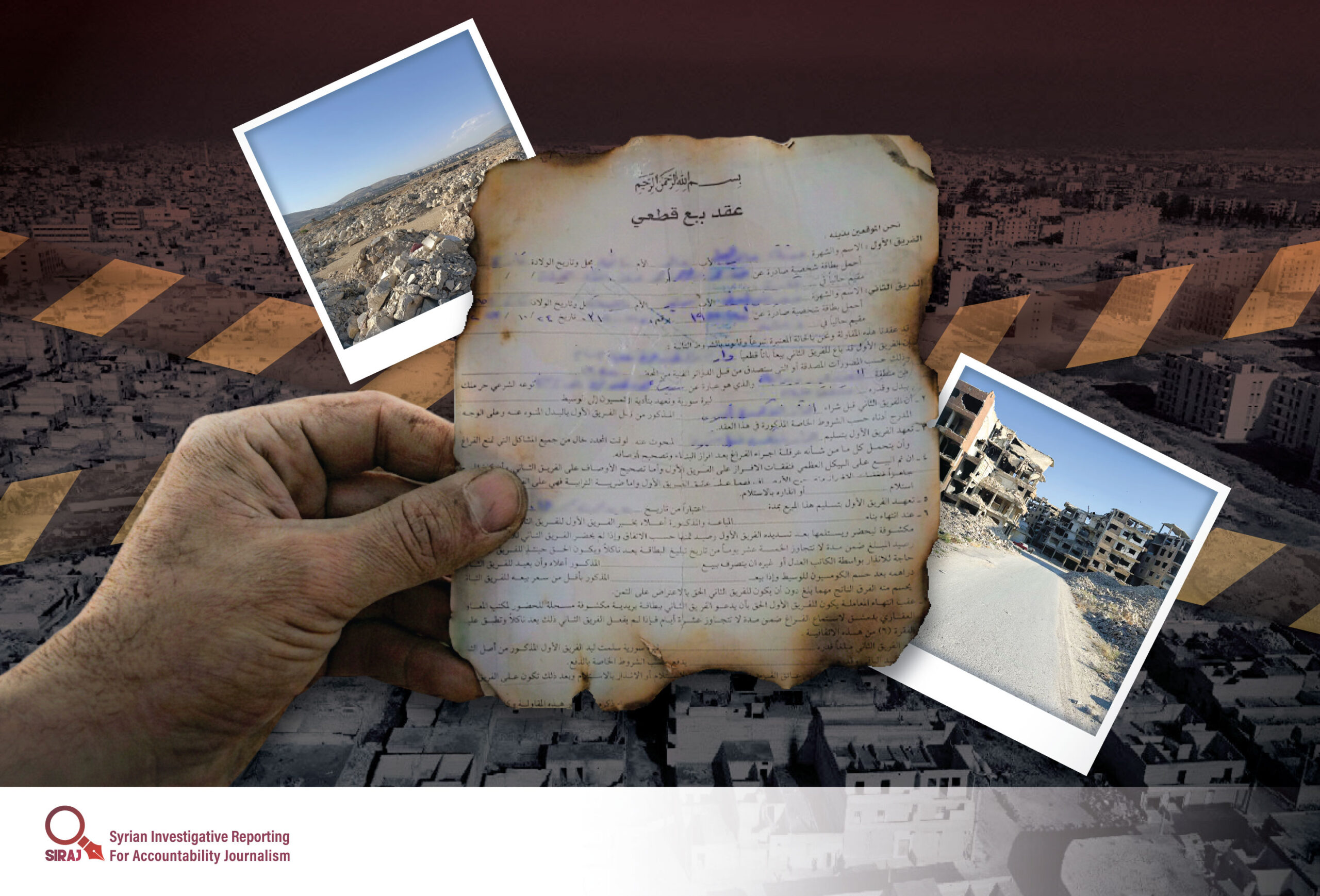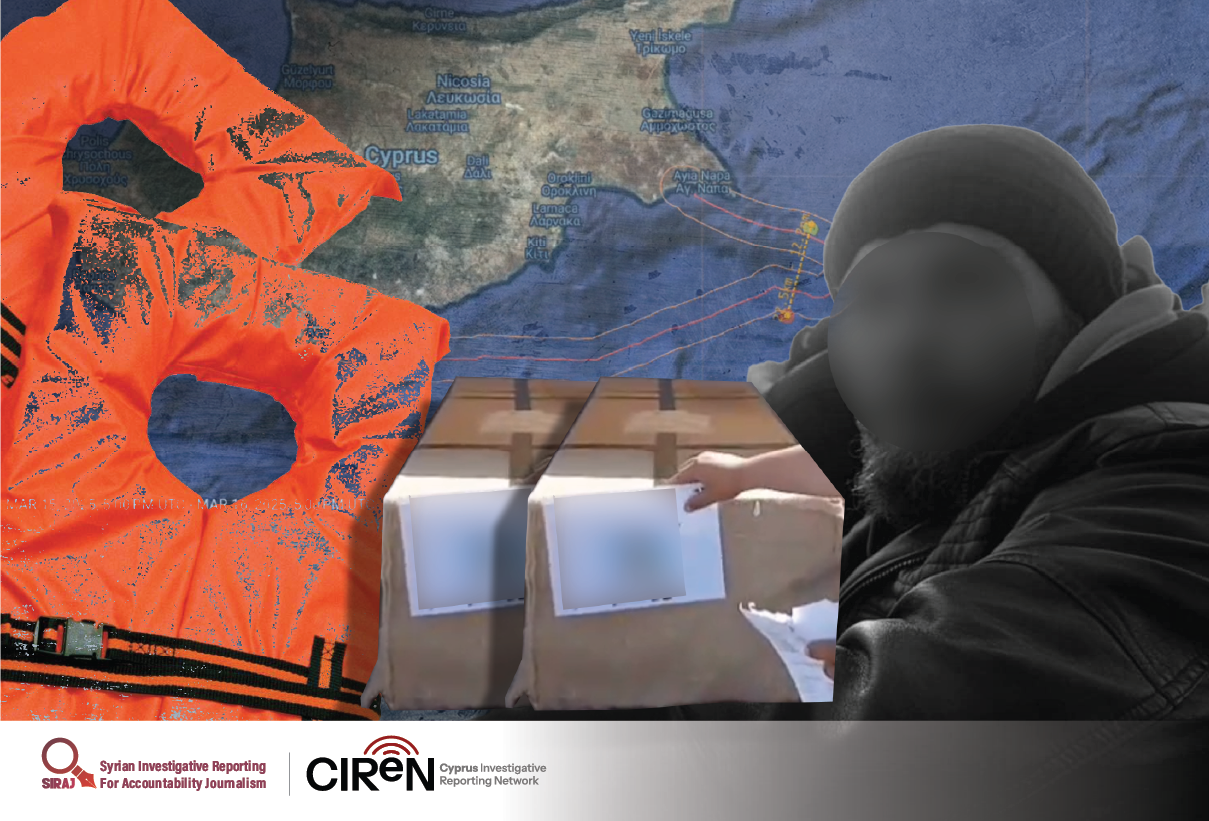Under the totalitarian rule of Bashar al-Assad, when opponents and defectors were jailed, their children were often taken too – and quickly vanished.
Over a decade, Syria’s security services took hundreds of children from their parents and hid them in a network of orphanages in order to coerce their families into cooperating with the regime. Some of the orphanages were run by major European charity SOS Children’s Villages, whose leadership knew for years and remained silent.
Hundreds of cases confirmed; thousands still missing
Over nine months, Syrian and international reporters from six media outlets built a database of children hidden by the Syrian regime as part of the Syria’s Stolen Children investigation.
Following the fall of the al-Assad regime in December 2024, we reviewed thousands of leaked and gathered documents with the names of over 300 children who were confined to orphanages by Syrian intelligence, some of them for years. Analysis of these records shows many were still toddlers when they were taken from families, and several were newborns. The files reveal systematic coordination between intelligence agencies, government ministries, and Syrian and international orphanages.
We found evidence of missing and possible falsified records that indicate the actual number of children who disappeared into orphanages is likely much higher. Some children were falsely recorded as abandoned orphans; others were referred to by new names. Families are still searching for at least 3,700 children who went missing under al-Assad.
Orphanages used as prisons; children as pawns
Over 100 interviews with families, whistleblowers and officials uncovered disturbing new details that undermine the orphanages’ justification that they were simply protecting children whose parents were jailed. Most parents were refused information about where their children were being taken. When grandparents and uncles did track them down, orphanages often refused to give their children back and sometimes denied they were even there.
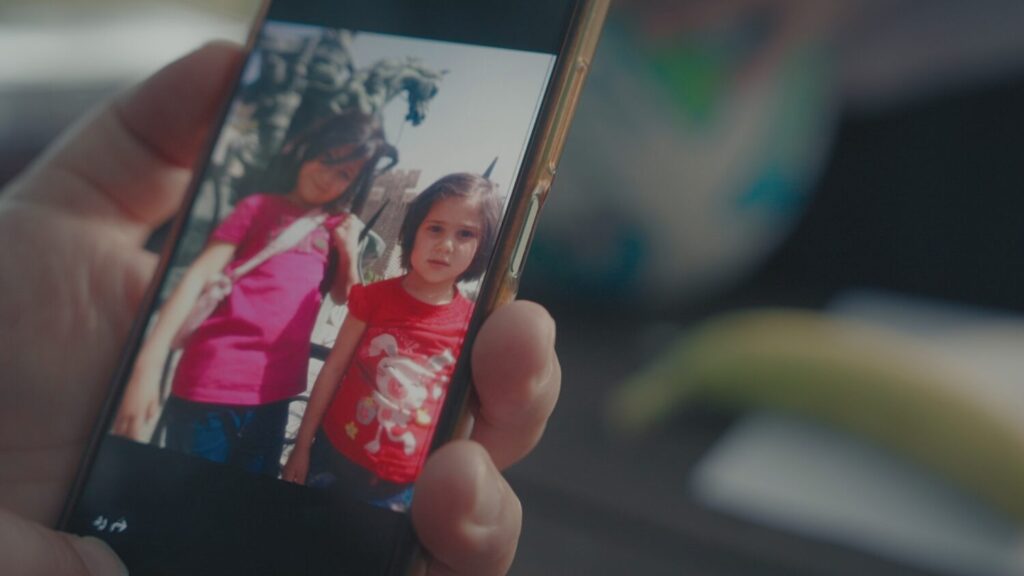
Layla and Layan – two “disappeared” children taken in by SOS Syria, who have since been found by their mother. Thousands are still missing. | Image: BBC Eye / Jess Kelly
While living at the orphanages, the children remained under the strict control of the security services. Leaked intelligence files show that top security officials ordered orphanages to keep the children’s presence confidential, deny relatives’ custody and ask permission before making any decisions about the children, such as whether they could attend school. Staff were told not to talk to them about their families and to keep them out of publicity materials and public activities.
Intelligence records show why: the children were explicitly being held at orphanages in order to pressure their parents to collaborate with the regime. Many children were only reunited with their families as part of a prisoner exchange with armed opposition groups. Some, the children of suspected foreign fighters, were deported to Russia and Iraq.
A major international charity was complicit and kept silent
The largest number of children in our database were sent to orphanages run by an Austria-headquartered charity, SOS Children’s Villages International, which operates in more than 130 countries and raises around €1.6 billion annually, including from the UN, European governments and personal donations.
SOS’ top leaders kept this quiet until the regime fell, seven years after whistleblowers first informed international staff. During this time, the international charity did not apologise, compensate or offer support to families. A senior staff member told us “senior executives didn’t want to know the details and hid away from concrete action and responsibility.” Most of the children were returned to government custody and until today, SOS says it does not know what happened to them.
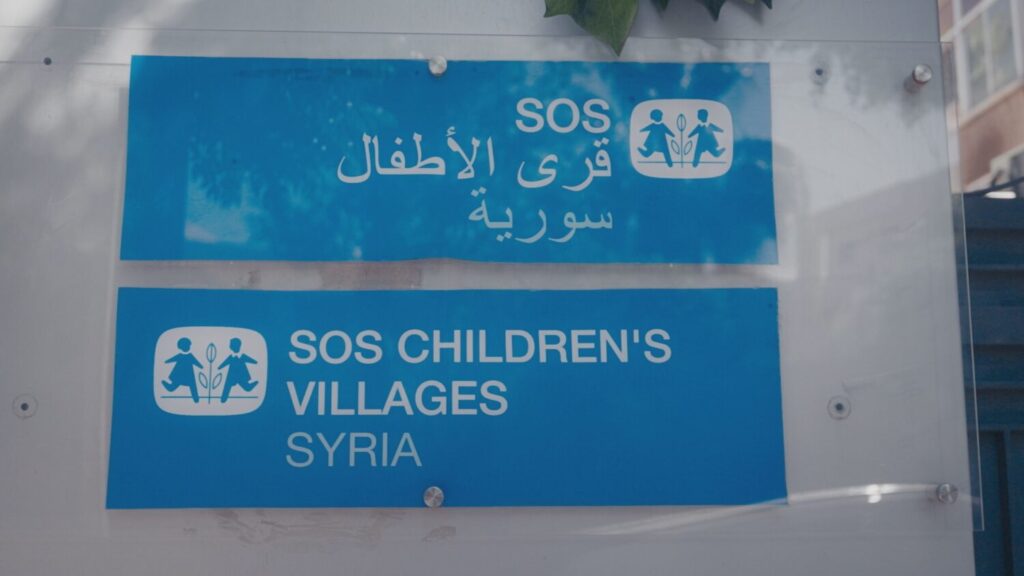
Many families with missing children say Austria-headquartered charity SOS Children’s Villages was complicit in their disappearance and has offered minimal support since the fall of the regime | Image: BBC Eye / Jess Kelly
The charity, whose Syria branch was led by the daughter of a close Assad aide, says it stopped accepting children of detainees in 2018. But official records indicate that intelligence agencies continued to refer several children to SOS as late as 2022. SOS denies receiving the requests or the children.
SOS Syria is funded by European donations as well the United Kingdom and United States. Bashar al-Assad was sanctioned by the EU in 2011, his wife Asmaa al-Assad in 2012. But several whistleblowers told us that most of the senior positions at SOS Syria were appointed directly by the Assad palace and that Asma al-Assad played a leading role in the organisation. SOS Children’s Villages International said it is investigating what happened in Syria and said it was not in line with their usual policies.
Families lack support or a path to accountability
We spoke to over 100 families, orphanage employees and government officials. Some parents still lack basic details about where their children were held. Their children remain traumatised by the forced separation during formative early years. Many more families are still searching for any clues that their children might still be alive, their identities and whereabouts potentially lost in the chaotic orphanage archives.
Syria’s new transitional government has struggled to respond to the families’ needs and demands for answers and accountability. An official inquiry established in January was folded into a new committee in May, which led to a series of high profile arrests in July, but it has few resources and is yet to release any findings.
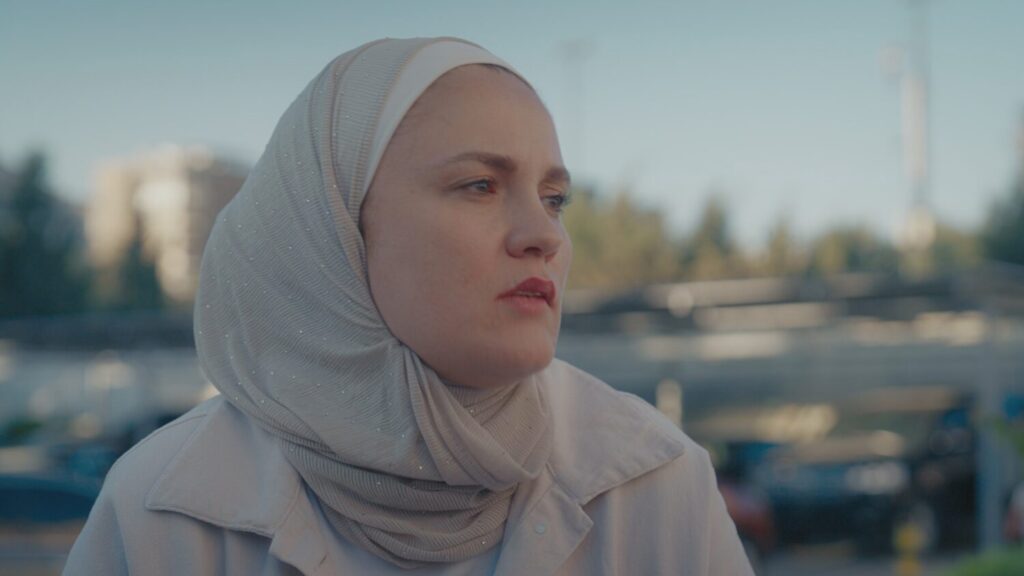
Reem al-Kari has still not found her son Karim, who was aged two-and-a-half when he went missing in 2013 | Image: BBC Eye / Jess Kelly
Leading human rights lawyer Kimberly Motely says, “the key findings of the project indicate that the children could be the victims of crimes against humanity, particularly in the forms of imprisonment or deprivation of liberty, persecution, and enforced disappearance.”
Syria’s Stolen Children is a joint investigation coordinated by Lighthouse Reports in partnership with Syrian investigative journalists from Women Who Won the War and SIRAJ and international journalists from BBC Eye, The Observer, Der Spiegel and Trouw, and also published by Sowt and Al-Jumhuriya.
METHODS
When al-Assad’s security state suddenly collapsed, journalists, activists and families had access to sources, locations and documents that were previously unimaginable under the decades-long dictatorship. Some families began to speak out about a secret they’d held for years – that their children had been forced into orphanages.
To understand the scale and inner workings of this system of state-run disappearances, over nine months we conducted more than 100 interviews with families, current and former orphanage staff in Syria, government officials, whistleblowers, activists, lawyers and other witnesses. We spoke to over 50 SOS insiders around the globe and scrutinised their internal investigations, financial documents and public statements.
We obtained thousands of official documents from the Syrian Ministry of Social Affairs, Airforce Intelligence and orphanages in Syria, including confidential correspondence, detainee lists, referral files, log books and detailed case records, making sure not to remove or otherwise interfere with these documents in order to preserve evidence for potential future justice mechanisms.
In order to authenticate the documents, we carefully reviewed them for inconsistencies and compared their contents to publicly available information, including social media posts, media and human rights reports and detailed documentation collected by Syrian civil society over the years. In some cases, we accessed legal records to verify charges against parents. When the same children appeared in files from multiple sources, we cross-checked key information such as file numbers, names and dates of birth across different sources.
Using these documents, we built a database of verified children of national security detainees who were transferred to orphanages, which ultimately included over 320 unique names. To distinguish between them and the thousands of minors arrested by Syrian security services for political activity or routine crimes, we applied the following minimum criteria:
- Child was under the age of 18 at the time of arrest
- Arresting agency was one of four intelligence services, not civilian polic
- Child was not personally accused of any crime, but an immediate family member was accused of a political or national security-related crime
- Child was separated from their guardian(s) and transferred to a civilian childcare organization without any attempt to locate relatives or other suitable caregivers
We gathered contact information for parents and relatives through open sources and our networks of contacts. Informed by trauma experts on how to interview families experiencing “ambiguous loss”, we spoke to the families of 54 children placed in orphanages by the security services, as well as dozens of others still searching for missing children. We compiled information about each of the 320 cases through interviews and documents, which we used to analyse key trends in how and why the regime hid children in orphanages.
STORYLINES
Over 100,000 people went missing under the Assad regime, including thousands of children. Syria has one of the largest populations of missing people in the world. After the regime fell in December 2024, thousands poured out of prisons and some mass graves were discovered. But most families found no trace of their loved ones.
Syria’s Stolen Children, a documentary by BBC Eye, follows the journeys of three mothers who are still trying to find their missing children, reunite with those held in orphanages or seek justice for what happened to their family. They confront a labyrinth bureaucracy, missing and falsified records, and broken promises.
The system that swallowed their children was overseen by the top levels of al-Assad’s security apparatus and government, Al-Jumhiriya reports. In a podcast series, released on Sowt as well as Syrian radio stations, grandmothers describe begging the orphanages to see their children, while jailed parents were taunted with their disappearance during interrogations.
Mohammed Ghbeis was a few days old when he was taken by security agents from an incubator in a Damascus hospital. His mother, still recovering from a C-section, was also detained, along with seven other family members. The next time she saw Mohammed, during a prison visit, he was a year old, already taking his first steps. They did not recognise each other.
Mohammad and his cousins spent three years living in orphanages before they were released in a prisoner exchange. They are still living with the impact of those lost years. The Observer reports how families like Mohammad’s were harmed by the very institutions meant to protect them, and documents years of allegations of abuse across SOS’ global operations. In Syria, the investigation found evidence staff subjected young children to virginity tests and abuse allegations were not properly investigated.
The charity, founded in 1949 by Austrian Hermann Gmeiner, is popular in Europe and collects millions of euros in personal donations. Der Spiegel reports how a German association of SOS funded the majority of SOS Syria’s budget until this year, when it decided to phase out funding because “the well-being of the children… can no longer be reliably guaranteed.” In the Netherlands, Trouw reports that the Dutch association has also suspended funds. SIRAJ reports that SOS had partnered with Asma al-Assad’s Syria Trust for Development for many years, despite international sanctions on the al-Assads.
